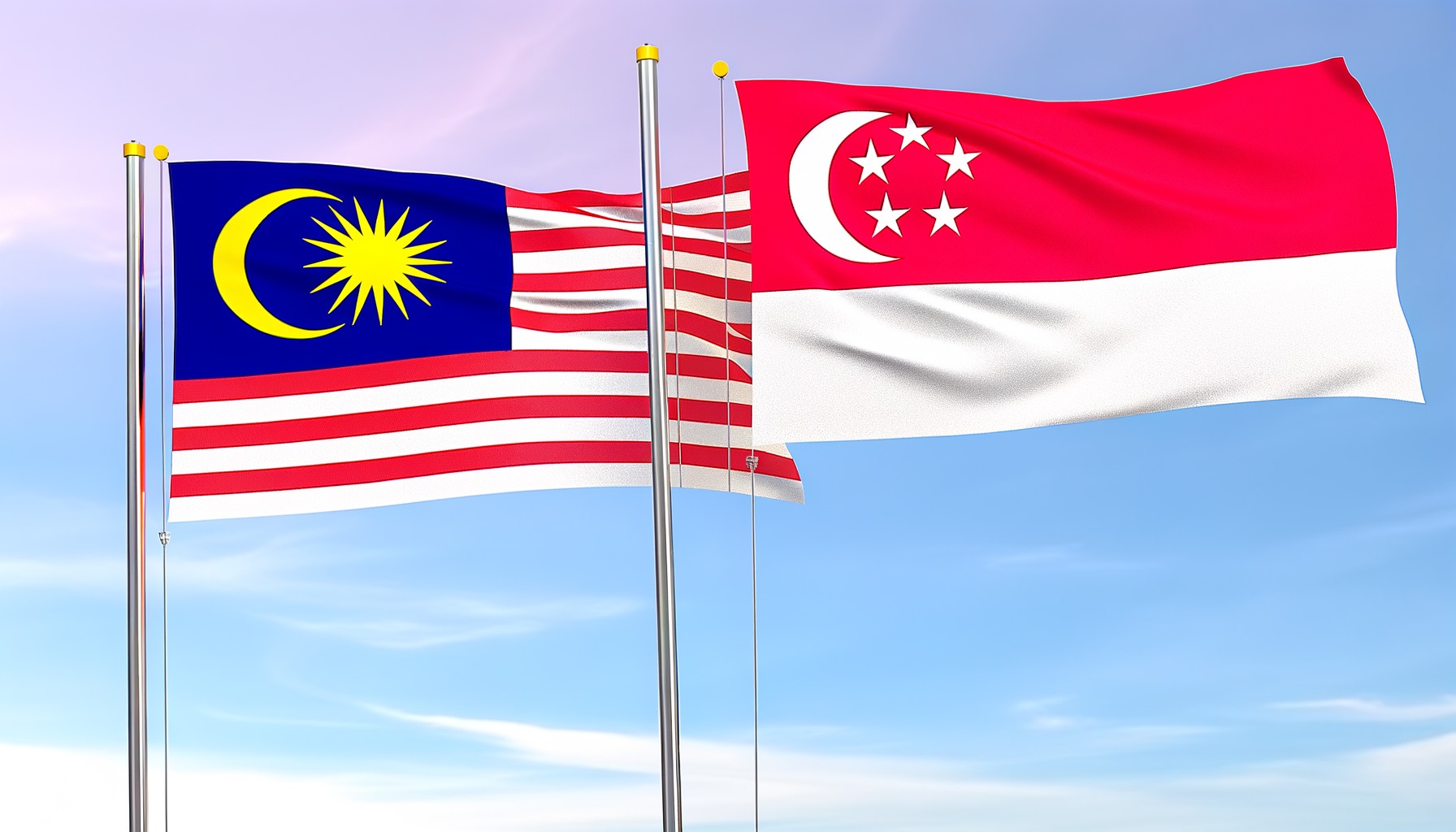At its annual developer event, Google I/O, Google unveiled a new feature called AI Mode, built directly into its core product, Google Search.
Rather than being a separate app, AI Mode integrates a chatbot into the search engine, allowing users to ask complex, detailed queries and receive direct answers along with curated web links. Google hopes this move will stop users from drifting to other AI tools instead of its own services.
The launch follows concerns that Google Search was starting to lose ground. Investors took notice when Apple’s Eddy Cue revealed that Safari searches had dropped for the first time in April, as users began to favour AI-powered alternatives.
A decline like this led to a 7% drop in Alphabet’s stock, highlighting just how critical search remains to Google’s dominance. By embedding AI into Search, Google aims to maintain its leadership instead of risking a steady erosion of its user base.
Unlike most AI platforms still searching for profitability, Google’s AI Mode is already positioned to make money. Advertising—long the engine of Google’s revenue—will be introduced into AI Mode, ensuring it generates income just as traditional search does.
While rivals burn through billions running large language models, Google is simply monetising the same way it always has.
AI Mode also helps defend Google’s biggest asset. Rather than seeing AI as a threat, Google embraced it to reinforce Search and protect the advertising revenue it depends on.
Most AI competitors still rely on expensive, unsustainable models, whereas Google is leveraging its existing ecosystem instead of building from scratch. However, this gives it a major edge in the race for AI dominance.
Would you like to learn more about AI, tech and digital diplomacy? If so, ask our Diplo chatbot!










